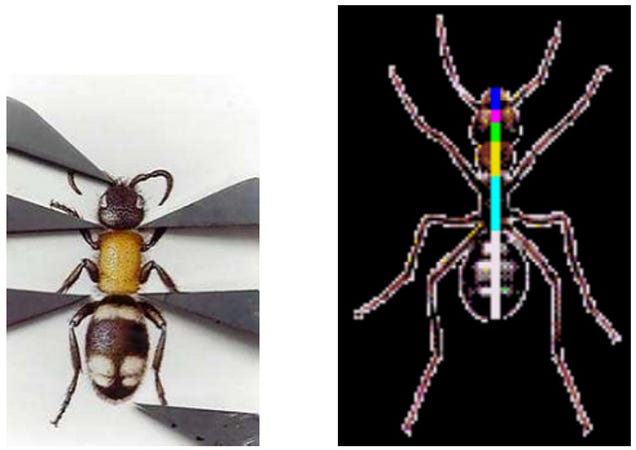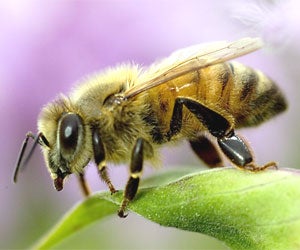Or hows about bees......................like, don't bee square.........................


Even our
bodies exhibit proportions that are consistent with Fibonacci numbers.
For example, the measurement from the navel to the floor and the top of
the head to the navel is the golden ratio. Animal bodies exhibit similar
tendencies, including dolphins (the eye, fins and tail all fall at
Golden Sections), starfish, sand dollars, sea urchins, ants, and honey
bees.

12. Reproductive dynamics

Speaking
of honey bees, they follow Fibonacci in other interesting ways. The most
profound example is by dividing the number of females in a colony by
the number of males (females always outnumber males). The answer is
typically something very close to 1.618. In addition, the family tree of
honey bees also follows the familiar pattern. Males have one parent (a
female), whereas females have two (a female and male). Thus, when it
comes to the family tree, males have 2, 3, 5, and 8 grandparents,
great-grandparents, gr-gr-grandparents, and gr-gr-gr-grandparents
respectively. Following the same pattern, females have 2, 3, 5, 8, 13,
and so on. And as noted, bee physiology also follows along the Golden
Curve rather nicely.
Comments
Post a Comment